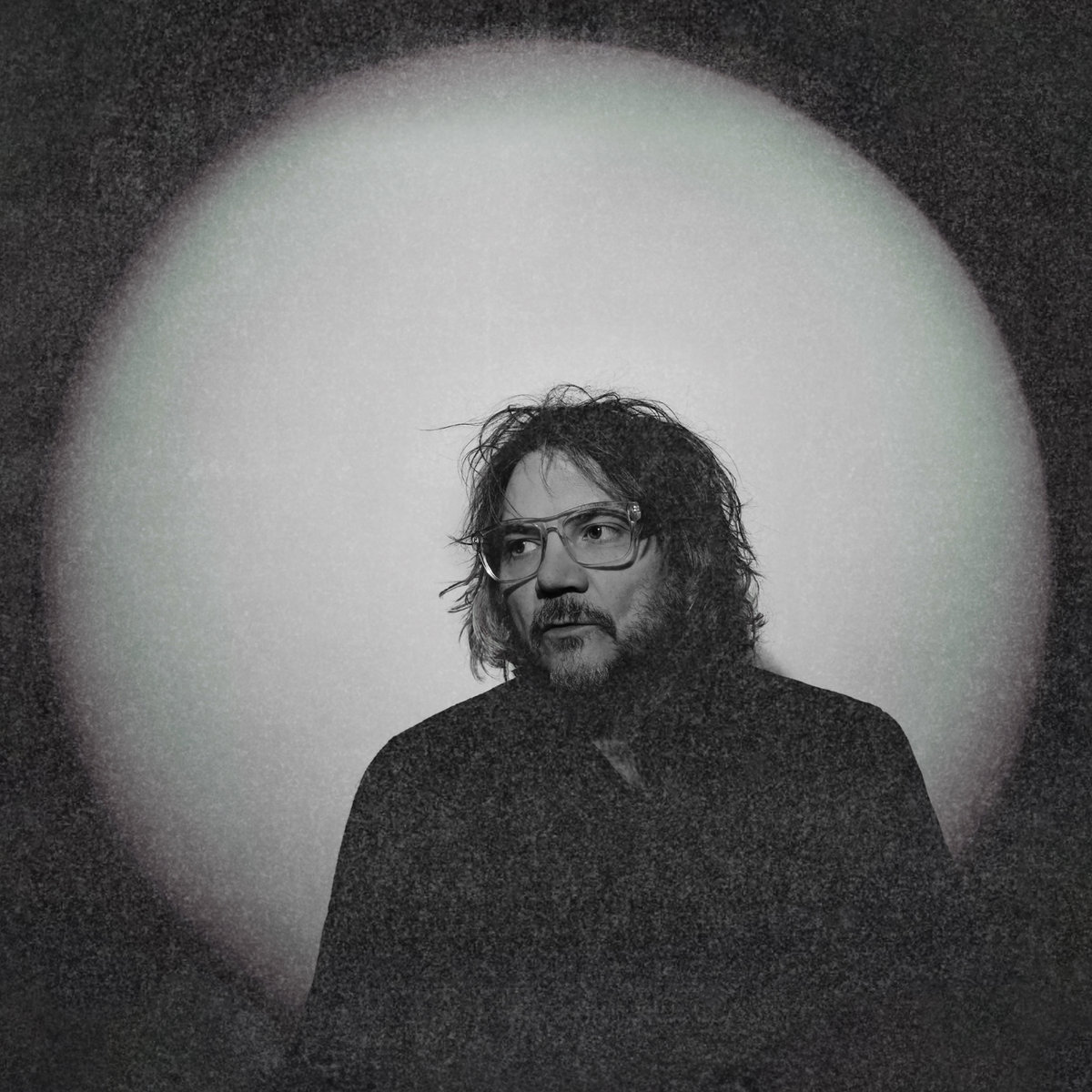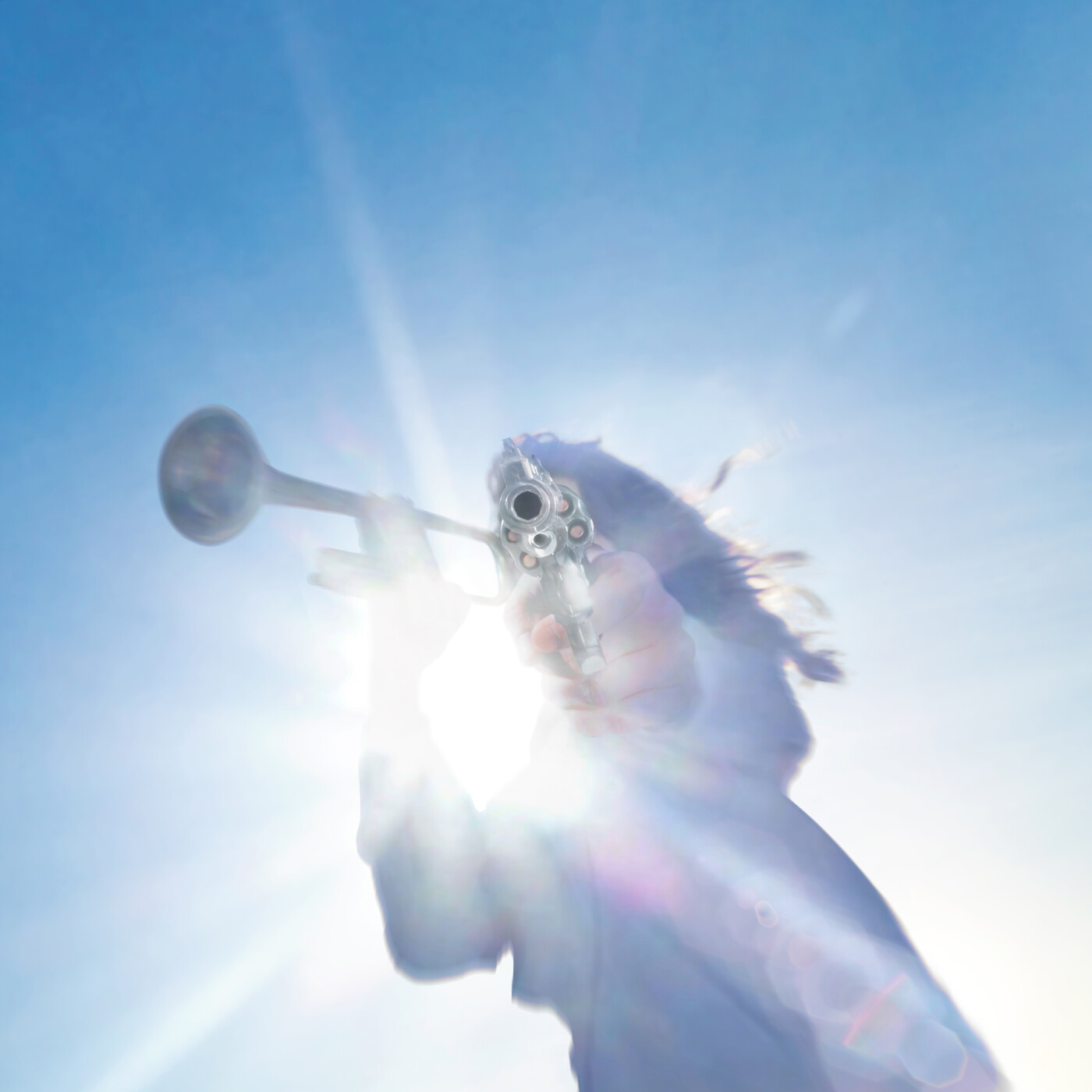"I've already outlived my life by far." Coming from Bob Dylan, this is an understatement. At 79, Dylan has outlasted many of the other icons who fomented the musical and social revolutions of the 1960s. It made perfect sense when Todd Haynes cast six different actors to play him because he has seemed to live not just one life but many: the precocious Jewish kid from Minnesota, the prophetic folk singer carrying Guthrie's torch, the ambitious rock 'n' roll heretic, the country crooner, the reclusive wounded soul, the populist rambler, the born-again Christian, the legend revitalized and adrift and revitalized again. His legacy was sealed decades ago. At this point every new album is an unexpected blessing.
That lyric above comes from Rough And Rowdy Ways, the latest of those blessings. It's Dylan's first collection of original songs since 2012's Tempest and his 39th studio album overall, and it feels innately conscious of all those years. Twenty-three have passed since Time Out Of Mind, the Daniel Lanois-produced late-career renaissance on which Dylan reckoned with his own passage into old age. "It's not dark yet," he sang, "but it's getting there." Since then he's had plenty of time to get used to being over the hill. He seems to have made his peace with it: "I ain't dead yet, my bell still rings," he proudly announced on Tempest. Now he's back with a new set of songs that assess his own biography and gaze back across history with a contemplative grace.
The public's first exposure to Rough And Rowdy Ways was closing track "Murder Most Foul," a 17-minute mirage/collage spanning decades but centered on the John F. Kennedy assassination. In some sense it is the story of Dylan's entire public life. When JFK was shot, Dylan was likely on his way to Yellow Springs, Ohio, where he was to play Antioch College the following day. The show was surely a huge deal among the school's radical student population. Months earlier the Greenwich Village fixture had released his second LP, The Freewheelin' Bob Dylan, which spun off several instant-classic protest songs and cemented his status as a larger-than-life progressive hero. (That album also mentioned JFK on its closing track, in the context of a boner joke.) By flashing back to this pivotal moment in American history, he's also flashing back to the dawn of his own legend.
He does so via free-associative reverie. "Play me a song, Mr. Wolfman Jack," Dylan sings calmly, in that now-familiar grizzled growl where his nasal wail used to be. "Play it for me in my long Cadillac/ Play that 'Only The Good Die Young'/ Take me to the place where Tom Dooley was hung." (Yes, Bob Dylan snuck some praise for Billy Joel into his very own "We Didn't Start The Fire.") With its procession of fuzzy memories, a jukebox full of music references, and an arrangement that seems like it might float away if not weighed down by mournful strings and piano, "Murder Most Foul" could be mistaken for Dylan indulging in boomer nostalgia. He rejects that interpretation. "I don't think of 'Murder Most Foul' as a glorification of the past or some kind of send-off to a lost age," he told the New York Times. "It speaks to me in the moment." It might just speak to you as well. Vivid and vaguely apocalyptic, the song connects the 1960s to this moment as poignantly as peak Mad Men.
Like that show, Rough And Rowdy Ways is driven by character above all else. As intriguing as it would be to hear a Dylan song directly addressing Donald Trump's presidency or the police killings that launched the Black Lives Matter movement, he no longer deals in direct social statements like "The Times They Are a-Changin'" or "Hurricane" or "Union Sundown." As has been the norm throughout his elder-statesman era, he mostly paints complex images -- of himself, of people real and imagined, of entire cities and societies. They don't beat you over the head with a message. They are texts to be dissected, eluding simple interpretation yet rich with thought-provoking detail, backed by a subtly masterful band that understands how to shine a spotlight on Dylan's words. This is an often quiet, spectral record, exploring the Tempest milieu under the fading twilight of his recent trio of standards albums. Even noteworthy guests like Fiona Apple, Blake Mills, and Benmont Tench don't make splashy arrivals, if they're perceptible at all; the focus is all on Dylan's eccentric vocals and deliberate verse.
Not that an album called Rough And Rowdy Ways could be entirely soft and meditative. Sometimes Dylan's treatises manifest as smoky blues tracks like the ambling "Crossing The Rubicon," on which he appears to ready himself for death: "Three miles north of Purgatory/ One step from the Great Beyond/ I pray to the cross, I kiss the girls, and I cross the Rubicon." Disquietingly, he seems to have swiped the musical framework for the roadhouse stomper "False Prophet" wholesale from an old Billy Emerson song. The omission of credit is especially bizarre considering the inspiration for the shuffling, swaggering "Goodbye Jimmy Reed" is right there in the title -- one more cagey twist in a career full of them. Still, the "False Prophet" lyrics are distinctively Bob, channeling a misanthropy that pops up repeatedly in these songs: "Another day that don't end/ Another ship goin' out/ Another day of anger, bitterness, and doubt/ I know how it happened/ I saw it begin/ I opened my heart to the world and the world came in."
These themes swirl together repeatedly on Rough And Rowdy Ways: acceptance that his time is running out, gratitude for the music and experiences that have enriched his life, frustration at the persistence of his own flaws. Most of the songs play like long exhales, gentle and minimal and dreamlike. In the case of "Black Rider," it's more like a nightmare: "Let me go through/ Open the door/ My soul is distressed/ My mind is at war/ Don't hug me, don't flatter me/ Don't turn on the charm/ I take a sword and hack off your arm." (Also: "The size of your cock will get you nowhere.") Yet Dylan also happens upon blurred-edge contentment. "I'm travelin' light, and I'm slow comin' home," he concludes on the warm "Mother Of Muses" after extolling the war heroes who set the stage for his 1960s ascent: "Man, I could tell their stories all day." Never does he sound happier than when cruising toward the horizon line on the nearly 10-minute slow ride "Key West (Philosopher Pilot)," a song that suggests the true fountain of youth is west of St. Augustine.
Some of the finest songs on the album are the ones where he lets the messiness and the beauty coexist. A sort of companion piece to "Murder Most Foul," opening track "I Contain Multitudes" is a meticulously drawn self-portrait that feels like it could evaporate in an instant. Dylan compares himself to Anne Frank, Indiana Jones, and "those British bad boys the Rolling Stones" in the same breath, but it's not all so oblique. "I have no apologies to make," he proclaims, even as he acknowledges the spite that sometimes drives him: "You greedy old wolf, I'll show you my heart/ But not all of it -- only the hateful parts." The song overflows with memorable turns of phrase that bring this titanic figure back down to human scale, from the playful ("I drive fast cars and I eat fast foods") to the sobering ("I sleep with life and death in the same bed"). Even after countless books, documentaries, and archival recordings, it's thrilling to hear such plainspoken disclosures from Bob Dylan.
Hearing him reckon so frankly with his imminent demise, the mind drifts immediately to David Bowie and Leonard Cohen, fellow mythic figures who gave this world one last masterpiece before passing on to the next. As far as we know, Dylan isn't sick. He may not have conceived Rough And Rowdy Ways as his last will and testament. Hopefully, there are more masterpieces to come. Judging from recent history, they probably will not come quickly. "My heart's like a river, a river that sings," Dylan confides in one of the album's most tender moments. "Just takes me a while to realize things." He's singing to a lover, but maybe he's also singing to us, acknowledging the work it takes to move past his own stubbornness and let a piece of himself be known. It is a song about realizing life is fleeting and choosing to forge a meaningful connection while you still can. "A lot of people gone, a lot of people I knew," he sings. "I've made up my mind to give myself to you." Coming from Bob Dylan, this is quite a gift.
Rough And Rowdy Ways is out 6/19 on Columbia.






